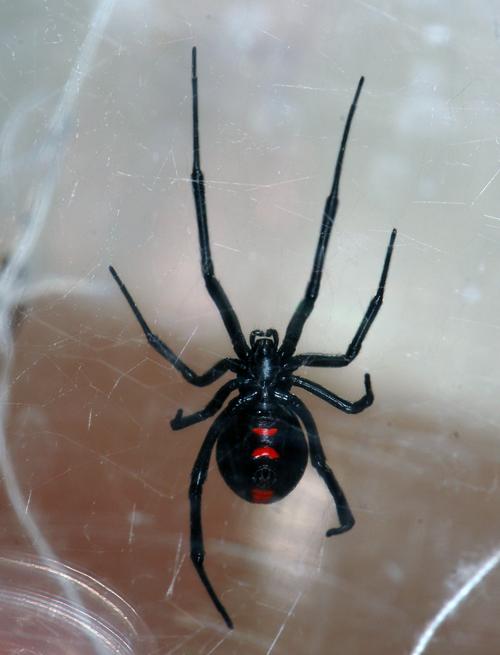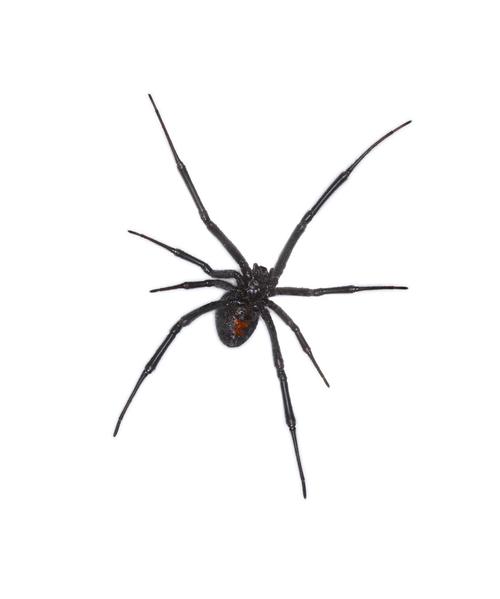
Black Widow Spider Bite: A Detailed Overview
The black widow spider, known for its glossy black body and distinctive red hourglass marking on its abdomen, is a creature that evokes fear and curiosity alike. A bite from this venomous arachnid can be a serious medical concern, and it’s essential to understand the symptoms, treatment, and prevention measures associated with a black widow spider bite.
Understanding the Black Widow Spider
The black widow spider belongs to the genus Latrodectus, with the most common species being Latrodectus mactans. These spiders are found in various regions across the world, including North America, South America, and parts of Africa and Asia. They prefer to build their webs in dark, secluded areas such as garages, sheds, and woodpiles.

Black widow spiders are not aggressive and typically only bite when they feel threatened or when their web is disturbed. The female black widow is the one responsible for the venomous bite, as the male black widow’s venom is not as potent.
Recognizing the Symptoms
After a black widow spider bite, symptoms may not appear immediately. In some cases, they may not appear at all. However, if symptoms do arise, they can include:
| Symptom | Description |
|---|---|
| Muscle Pain | Severe muscle pain, often described as a cramping sensation, can occur in the abdomen, back, and legs. |
| Abdominal Pain | Severe abdominal pain, which can be mistaken for appendicitis or a kidney stone. |
| Headache | A throbbing headache that may be accompanied by dizziness and nausea. |
| Confusion | Confusion, restlessness, and difficulty concentrating are possible symptoms. |
| Increased Blood Pressure | In some cases, a black widow spider bite can lead to increased blood pressure and heart rate. |
It’s important to note that while these symptoms can be severe, most people who are bitten by a black widow spider recover without complications.
Treatment for Black Widow Spider Bites
Immediate treatment for a black widow spider bite involves cleaning the wound and applying a cold compress to reduce swelling. It’s also essential to seek medical attention as soon as possible. Treatment may include:

-
Antivenom: In severe cases, antivenom may be administered to counteract the venom’s effects.
-
Analgesics: Pain relievers, such as acetaminophen or ibuprofen, can help alleviate pain and discomfort.
-
Antihistamines: To reduce swelling and inflammation, antihistamines may be prescribed.
-
Supportive Care: In some cases, supportive care, such as intravenous fluids and bed rest, may be necessary.
Preventing Black Widow Spider Bites
Preventing black widow spider bites involves taking certain precautions, such as:
-
Sealing Entry Points: Seal any cracks or gaps around your home where spiders may enter.
-
Removing Clutter: Keep your home and yard free of debris, as this can attract spiders.
-
Wearing Protective Clothing: When working in areas where black widow spiders may be present, wear long sleeves, pants, and gloves.
-
Being Mindful of Outdoor Spaces: When spending time outdoors, be cautious of dark, secluded areas where spiders may be hiding.
Understanding the black widow spider and its bite can help you recognize the symptoms, seek appropriate treatment, and take steps to prevent future encounters. While a black widow spider bite can be a frightening experience, knowing how to handle it can make a significant difference in your recovery.





